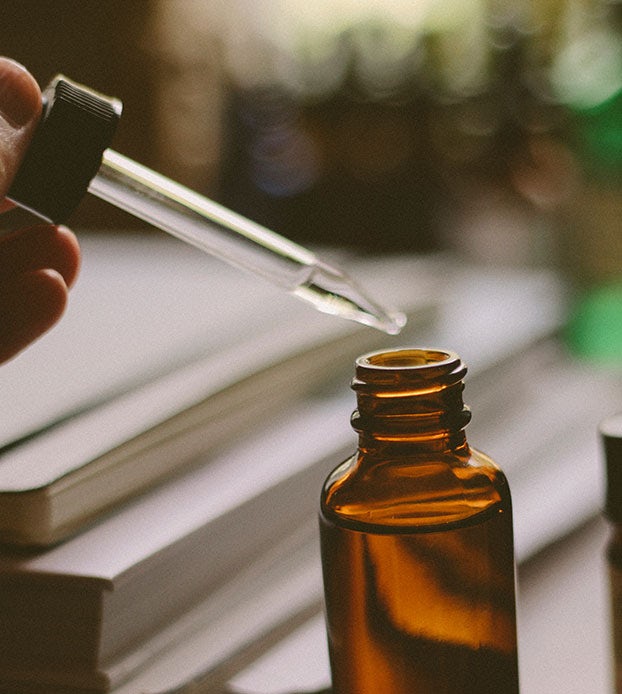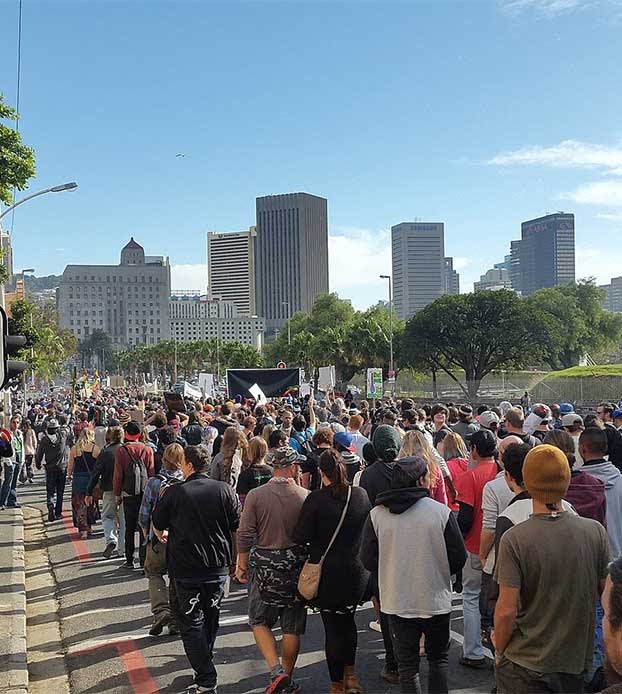For many athletes, pain is often an unfortunate part of their sport or activity. As the saying goes, no pain no gain. There are countless ways to manage pain but for many athletes, but some prescription medications can lead to addiction and health issues, and for professional athletes, some medications and treatments are banned outright.
High-THC cannabis is a proven pain reliever but due to its psychoactive effect and legal status in much of the world, most professional sports still see it as taboo.
CBD, on the other hand, is a non-psychoactive cannabinoid and studies show it can reduce pain and inflammation. In contrast to traditional pain medications, it is also considered very safe.
Over the last decade, sports science has exploded and is driving major changes for the way athletes train, compete, and treat their bodies during recovery periods. Cannabis and CBD are currently being researched to understand the significant value they can have to allow athletes to optimize their bodies and boost performance along with recovery from injury.
Inflammation is a very big factor in athletes’ performance and can significantly hinder movement and ultimately performance. There is evidence that a topical cannabis cream application has therapeutic potential for the relief of pain-related behaviors and inflammation without any evident side-effects.
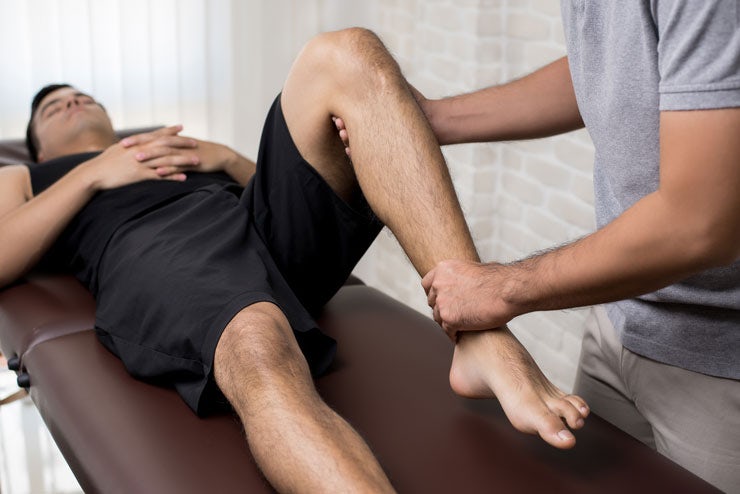
That study was limited to arthritis and joint pain, but the effectiveness of cannabis in the reduction in pain symptoms has been shown in numerous studies.
Normal wear and tear isn’t all that cannabis could help with, however. Particularly in boxing and American football, athletes often suffer serious brain injury and have severe inflammation in and around the brain. Cannabinoids are an analgesic and also have neuroprotective properties that might be able to improve both short- and long-term outcomes of brain injuries.
Athletes Considering CBD
While it is harder for active athletes to come out of their respective cannabis closets, many big-name athletes, retired and active, have sung their praises for CBD and cannabis in general.
NHL retiree Riley Cote, in an interview with Sportsnet in 2017, said that he used cannabis to help him deal with the anxiety and pain from the sport’s violent nature.
Active NHL star Connor McDavid told the Associated Press that he is not against talking about using CBD to treat pain: “You don’t want to be taking pain stuff and taking Advil all the time. You’re seeing a lot of really smart doctors look into it. If all the boxes are checked and it’s safe and everything, then I think you would maybe want to hear them out.”
There is a long list of big-name athletes who have proclaimed their love for cannabis and CBD. NFL retirees Steve Smith, Rob Gronkowski, and Tiki Barber; NBA players John Salley, Kenyon Martin and Matt Barnes; Olympic hurdler Lolo Jones and even golfer Bubba Watson.
CBD Policy in Sport
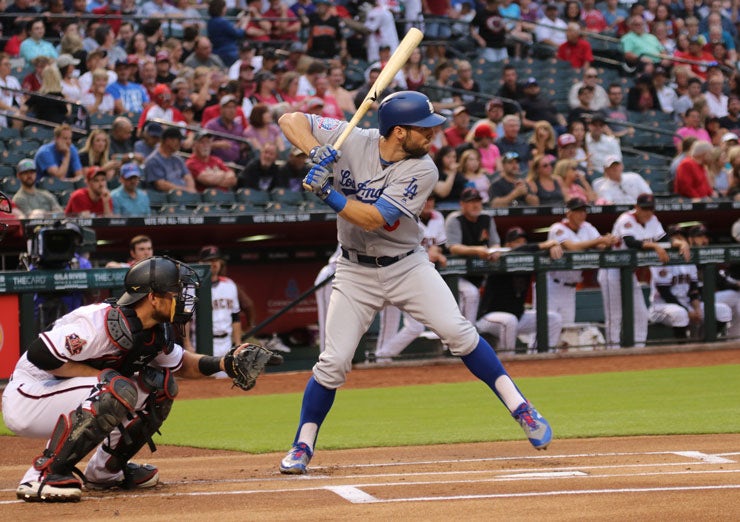
The use of products containing CBD to treat pain and inflammation among athletes is growing, and negative stigmas against their use are changing. Even the World Anti-Doping Agency (WADA), which has a ban on the use of all-natural and synthetic cannabinoids while in competition, including marijuana, hashish, natural and synthetic THCs, and synthetic cannabinoids that mimic THC, now accepts the use of cannabidiol (CBD) to treat pain and inflammation.
WADA does permit the use of CBD for athletes in competition, but it is nearly impossible to use CBD extracts without also consuming other cannabinoids, which WADA still prohibits.
Athletes should know that any CBD product is probably a mix of Cannabidiol and other WADA-prohibited cannabinoids.
A JAMA study from November 2017 found that 69 percent of the thousands of CBD products tested contained different levels of CBD than what was listed on the label. Moreover, psychoactive THC was detected in over 20% of the products. Subsequent tests have returned similar results.
What the Leagues Think
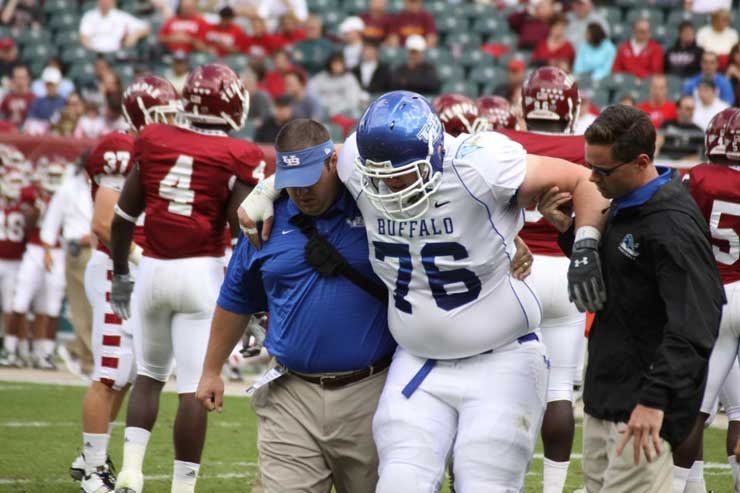
MLB
Major League Baseball was the first major professional sports league to remove any punishment for use of cannabis. It has removed marijuana from its list of drugs of abuse and will now instead test for opioids. This decision came at the end of 2019, ahead of the 2020 regular season. “Natural cannabinoids (e.g., THC, CBD, and Marijuana) will be removed from the Program’s list of Drugs of Abuse,” the MLB said.
NFL
CBD is still banned by the National Football League, but the league is researching its use to treat injured players in place of opioids. In December 2019, the Pain Management Committee of the NFL and the NFL Players Association held a round-table fact-finding session in hopes of learning more about the benefits and challenges of allowing CBD and other cannabinoids to be used by players. The NFL’s current policy would not allow players to seek alternative pain relief such as CBD, although players have long called for the league to change its stance on the issue.
NBA
In the National Basketball Association, cannabis use has been banned since 1999. Even if teams are located in a jurisdiction where cannabis is legal for medical or recreational use, players cannot use it. In the event of a player testing positive for cannabis use, they must undergo treatment and subsequent testing. So far, players that have tested positive for hemp-derived CBD have not been suspended, although in the 2018/19 regular season, Miami Heat guard Dion Waiters ate a THC gummy on a team plane and was suspended for 10 games after he suffered a panic attack.
NHL
The National Hockey League still has not officially confirmed that players can use cannabis to treat pain. Yet, research is being conducted with leaders from the cannabis industry to understand if cannabinoids could help players in place of potentially more harmful pain medications.
FIFA
Professional soccer looks to WADA for its stance on cannabinoids, but it has stated that it believes that cannabis is not a performance-enhancing issue and rather a social one. For now, FIFA bans cannabinoids in-competition but is conducting research into the benefits it holds for players.
Sign up for bi-weekly updates, packed full of cannabis education, recipes, and tips. Your inbox will love it.

 Shop
Shop Support
Support
